I still remember moving to Switzerland in 2014, won’t lie, I was totally unprepared. I jumped into it with excitement in my heart, but also a lot of unanswered questions. Where would I live? How do I open a bank account? What should health insurance look like? Even the banal stuff, like taking the train or grocery shopping, seemed trickier than I thought.
Early on, I discovered that relocating to Switzerland is a dream like no other, and a challenge to boot. Sure, on the one hand, the country is gorgeous, peaceful and perfect for quality of life. On the flip side, strict regulations, high cost of living, and piles of paperwork can make finding work daunting if you’re not prepared.
That’s why I wrote this guide, to share the hard-earned lessons of my own personal journey so your own move can go more smoothly than mine did. In this article, I’ll walk you through the key steps: preparing for your arrival, searching for housing, opening a bank account, finding health insurance, using public transportation and integrating into Swiss life. Consider this advice from a friend who’s been through the ups and downs.
 Why Moving to Switzerland is Exciting & Challenging
Why Moving to Switzerland is Exciting & Challenging
Switzerland is like living in a postcard. Snow-dappled mountains, crystal-clear lakes, trains that run on time, and some of the world’s safest cities, it’s almost surreal when you first arrive. The thrill of beginning life anew here is something I will always remember. Everything seemed fresh and clean and full of possibility.
But let’s face it it’s not all wine and roses. Switzerland has its own system of behaviour and culture to learn, which can be disconcerting at first. Housing is highly competitive, there is a lot of paperwork about residence permits and health insurance, and the cost of living can strike you as a reality slap if you are not prepared. When I first arrived, I didn’t realise how much planning and organizing there would be for me.
But the great thing about Switzerland is that once you get through those bumps, life here feels very fruitful. You receive world-class healthcare, fantastic public services and a way of life that marries work and nature perfectly. My advice? Show up ready for anything, smile and take both the good and bad. They’re all pieces of building your new life here.
Preparing Before Arrival
In retrospect, and from the perspective of my own move, I wish I had done some more planning before arriving in Switzerland. It was stressful in the first few weeks because I was unsure what documents and steps I had to take prior to. That’s why I always say to newcomers: half of success is preparation.
Begin with the fundamentals of your visa or residency permit. According to your nationality, you will require a student visa, work visa, family reunification permit, etc. Ensure your passport has at least six months’ validity and gather all supporting documents: birth certificates, educational or professional documents and evidence of financial wherewithal. The Swiss are known for their attention to detail, so not even one paper can be forgotten, which could mean an upset.
Second, consider housing in advance of arrival. Apartments are very competitive here, and it’s not uncommon to apply for 10 or 15 apartments and only get one. If nothing permanent is available yet, book something temporary (you can move into serviced apartments or Airbnb for your first month).
Budgeting is also crucial. Switzerland is expensive, and you’ll have to pay deposits, first rent, insurance and your daily expenses quickly. I discovered the hard way that it causes the rest of the trip to be more stressful.
My tip? Do a simple checklist: visa, housing possibilities, information about insurance and a sober budget. Believe me, the planning you do now will spare you lots of headaches when you get there.
 Finding Housing in Switzerland
Finding Housing in Switzerland
If I had to name the most stressful part of moving to Switzerland, it would be finding housing. When I first arrived, I thought it would be a simple search online, apply, and move in. But the reality? Apartments here are in high demand, and competition is fierce. I remember applying for multiple flats and being rejected more times than I’d like to admit. It felt discouraging at first.
Here’s what I learned: landlords in Switzerland usually expect a complete application with proof of income (or student status), a residence permit (or at least confirmation of application), and sometimes even a personal recommendation. Without these, your chances drop quickly.
The best platforms to search are Homegate, ImmoScout24, and Comparis. For students or short stays, university housing services or temporary options like Airbnb are lifesavers. If you’re new, don’t be afraid to start with a short-term rental while you look for something long-term.
Another challenge is the deposit, usually three months’ rent. Make sure you plan for this financially.
My advice? Be quick, organised, and persistent. Always bring a full application when you visit an apartment. And don’t get discouraged if you don’t succeed right away, persistence pays off. Once you finally get your own place, it feels like a huge victory.
 Banking & Finances
Banking & Finances
One of the early hurdles I encountered after relocating was how to open a Swiss bank account. Without it, I wasn’t able to rent properly, wasn’t able to establish health insurance and couldn’t even get a mobile phone contract. The thing I found most surprising was how formal it all seemed compared to my home country.
The largest banks here are UBS, Credit Suisse, Raiffeisen and PostFinance. For beginners, PostFinance probably has the fewest hoops to jump through for foreign students and expats. To do it, you would normally need to take your passport, proof of address, residence permit (or acknowledgement of application), and sometimes proof of income or university enrollment.
One word of advice: Swiss banking fees can be surprisingly high. Carefully review monthly fees, ATM withdrawal costs and international transfer fees. Online banks like Neon or Revolut can be good options for saving money on daily banking and international transfers.
You would want to at least set up your account as soon as possible after arriving. Having a local account makes your financial life easier, it gives you credibility (landlords and insurance companies also like to see a local account), and it provides peace of mind that your money is being safely handled in Switzerland.
Health Insurance & Healthcare
If there’s one thing I wish I had fully understood before moving, it’s health insurance in Switzerland. Unlike some countries where insurance is optional, here it’s mandatory for everyone, students, workers, and even dependents, and you need to sign up within three months of arrival. I didn’t realise how strict this rule was until I received an official reminder letter in my mailbox!
The system works like this: you choose a basic health insurance plan (called LAMal) from a private provider, but the coverage is regulated by the government. This means that whether you choose Helsana, CSS, or SWICA, the basic coverage is essentially the same. What changes are the monthly premiums, deductible (franchise), and customer service?
The costs can be high, so it’s worth comparing carefully. I remember spending weeks researching providers, only to realise later that online comparison tools like Comparis make the process much easier.
On the positive side, once you’re insured, you get access to excellent healthcare doctors, hospitals, and pharmacies, here are world-class. My advice? Don’t delay choosing your plan. Start early, compare providers, and pick what truly fits your budget and lifestyle.
 Transportation & Daily Life
Transportation & Daily Life
One of the first things I was awed by in Switzerland was the public transport system! Trains are on time almost to the minute, trams and buses are clean, and everything is so well connected you hardly need a car. I remember my first trip on the train along Lake Geneva, I saw these mountain ranges, vineyards, and, God, it made me just realise how blessed I am to live here.
If you will stay long term, it may make sense to look into a Swiss Travelcard or Halb-Tax (half-fare card). These passes will save you a ton of money, particularly if you commute or like to spend weekends away. Cycling is also big, and most cities have good cycle paths.
Every day life here is orderly but different from much of what foreigners are accustomed to. For instance, most stores close early in the evening, or on Sundays\’ something that really amazed me in my initial weeks! It takes a bit of practice to get the hang of planning groceries and errands around Swiss schedules, but it’ll be second nature before you know it.
My tip? Settle into the pace of Swiss living. On weekends, you can enjoy natural surroundings, take pressure off by catching the train, and experience a balance between rushing around and slowing down in the day-to-day here.
Cultural Adaptation & Social Life
Adjusting to Swiss culture was one of the most rewarding yet challenging parts of my journey. At first, I felt a bit out of place. People seemed reserved, and I wondered how I would ever make friends. I quickly realised that while the Swiss may not open up immediately, once they do, their friendships are genuine and long-lasting.
Punctuality is a big deal here. If you’re invited to dinner at 7:00, arriving at 7:10 can be seen as rude. I learned this the hard way in my early days, and since then, I’ve always made an effort to be on time. Respecting local customs, like greeting everyone in a room with a polite Grüezi or Bonjour, also goes a long way in building connections.
For social life, I found that joining local clubs, sports groups, or expat communities made the biggest difference. Whether it was hiking groups in the Alps or casual coffee meetups with other newcomers, these helped me feel at home faster.
My advice? Be patient with yourself, stay open-minded, and don’t be afraid to take the first step in conversations. Cultural adaptation takes time, but it also enriches your experience in ways you’ll treasure forever.
Final Thoughts & Encouragement
Looking back on my journey to moving to Switzerland, I can say with certainty that doing so was one of the best decisions of my life, even if it didn’t feel so at the time. From the frustration of housing applications to getting lost in my first tram ride, all the bumps have taught me patience and perseverance. And with each little win, I started to feel that little bit more at home.
This is not always easy if you are going to Switzerland. There’s going to be paperwork, navigating cultural differences and perhaps even some bouts of loneliness. But the payoff is incredible too: breathtaking scenery, a safe, ordered society, and the opportunity to establish a good life in a Nation that highly values both tradition and innovation.
If you’re getting ready for this journey, my advice is simple: Be patient, stay curious, and come with an open heart. And don’t expect everything to fic into place all at once, but you will find your rhythm step by step. It’s the kind of thing that happens when in Switzerland. Someday you will look back and realise it’s not where you live but where you belong.




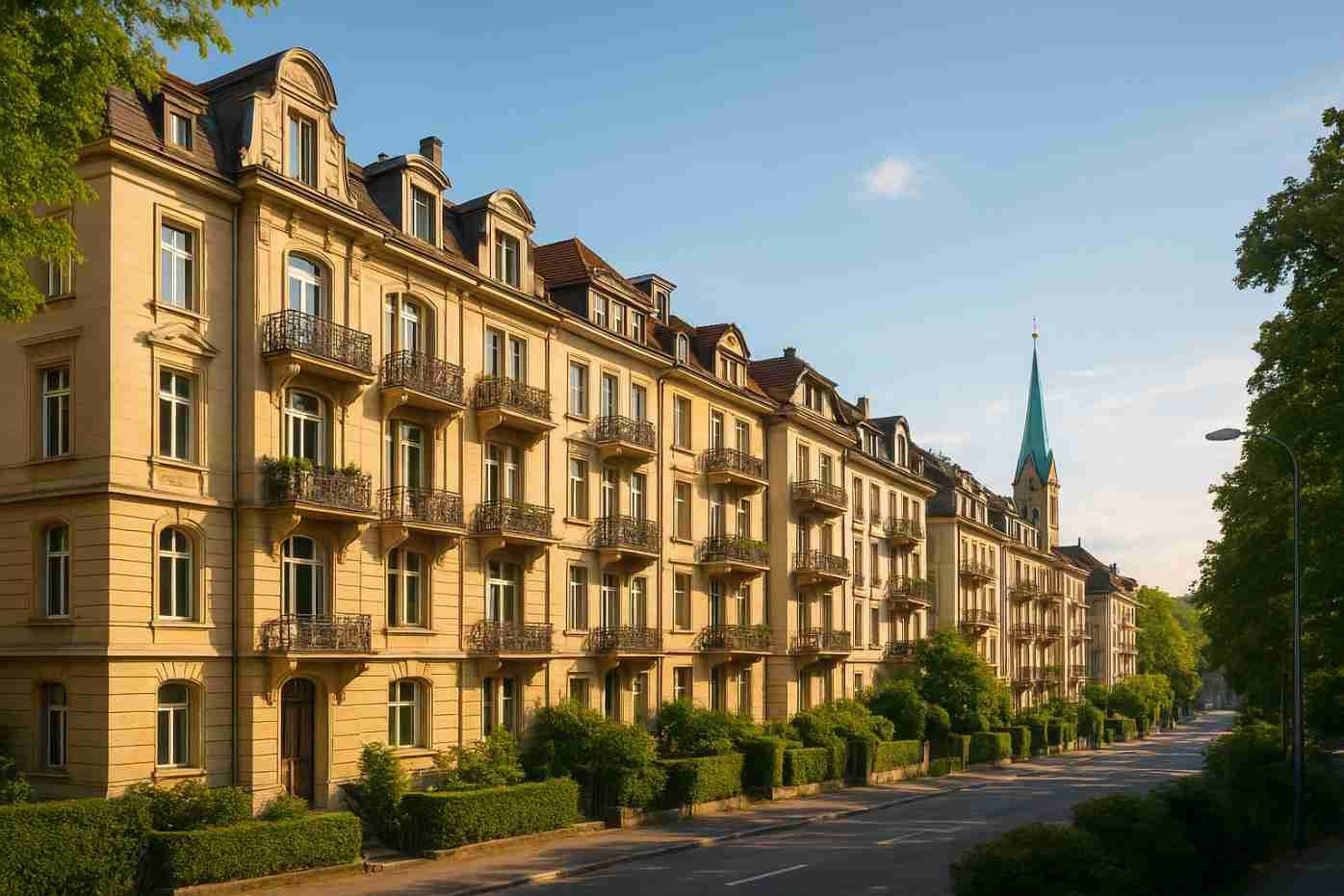



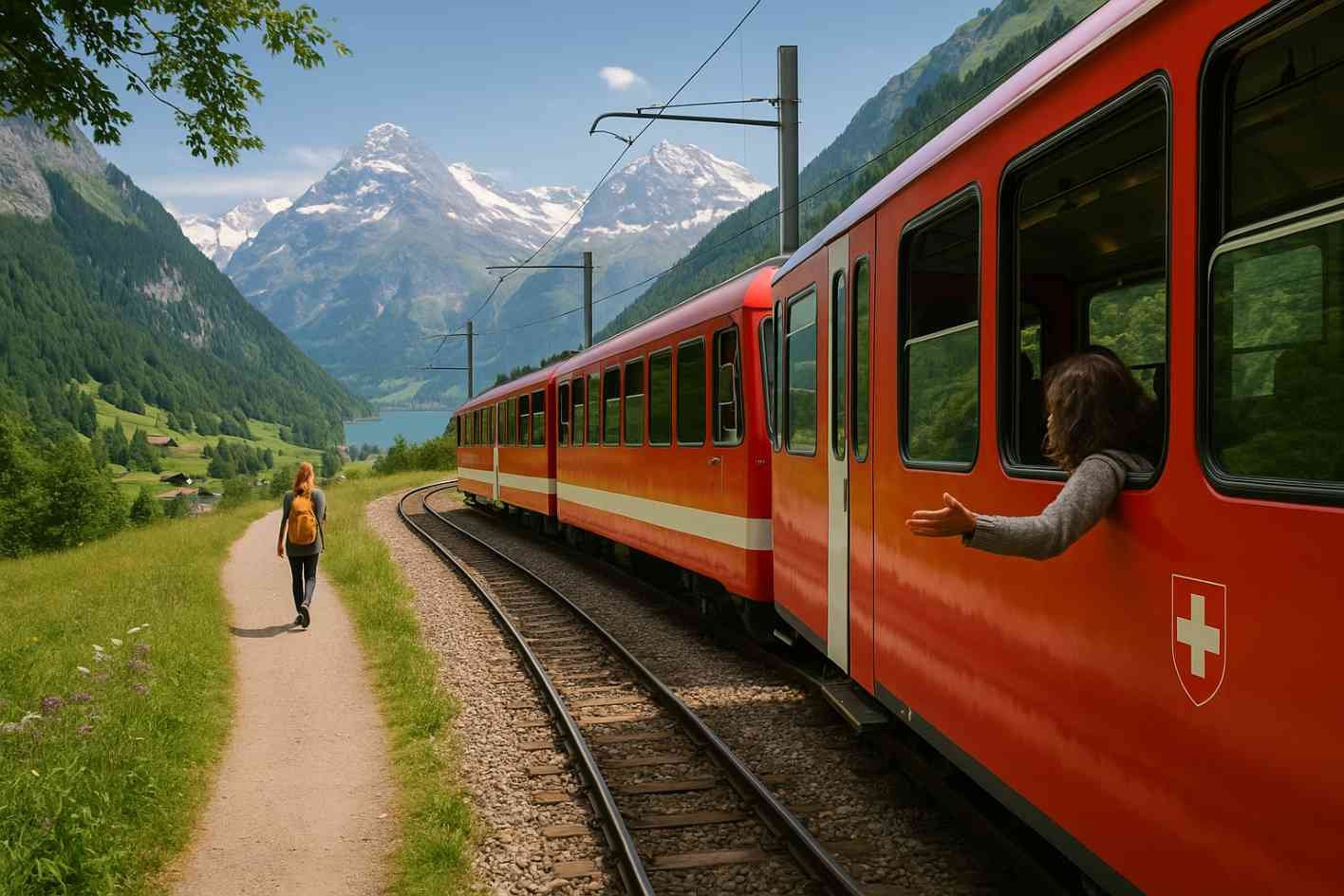
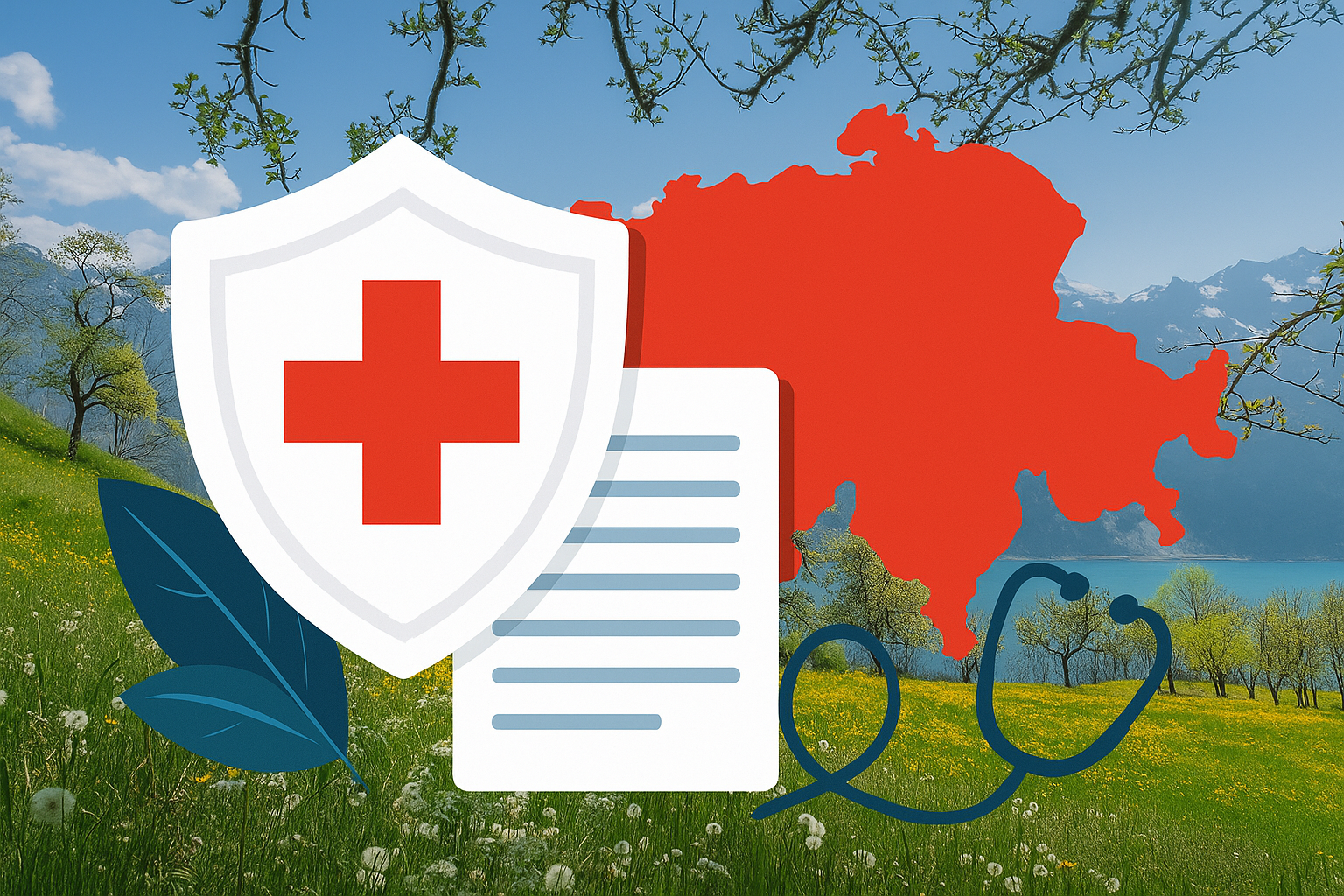



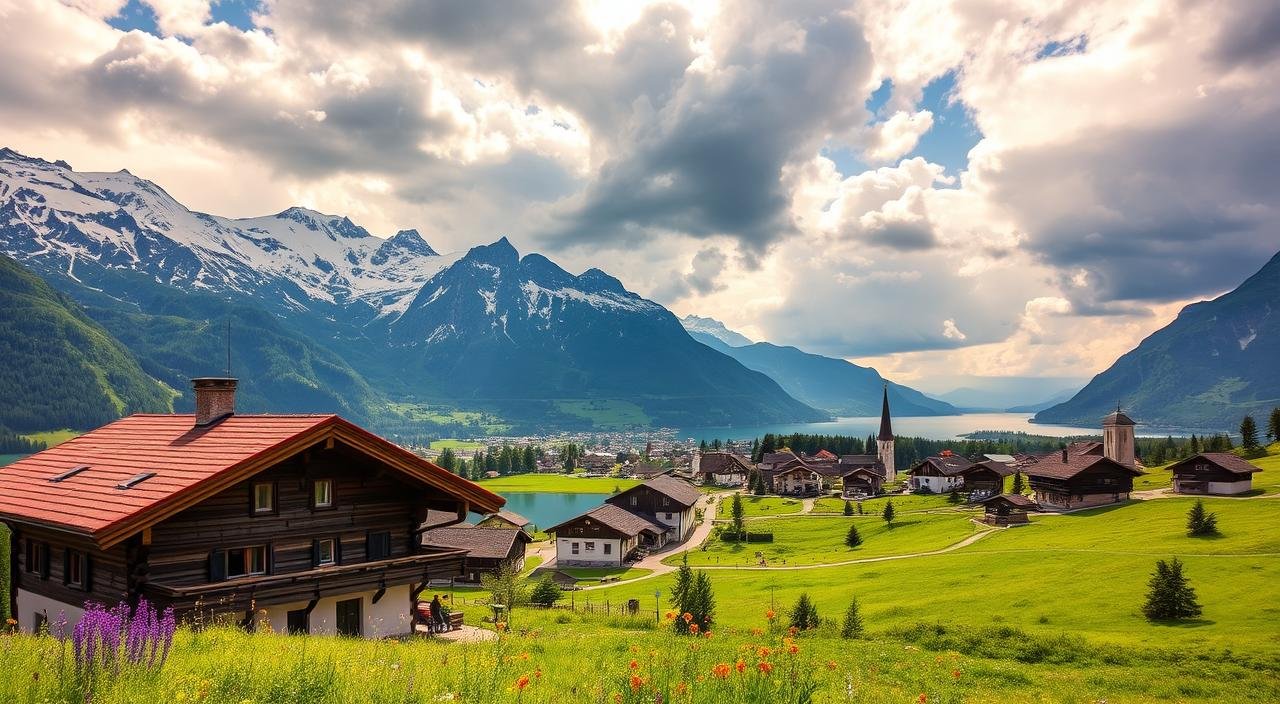
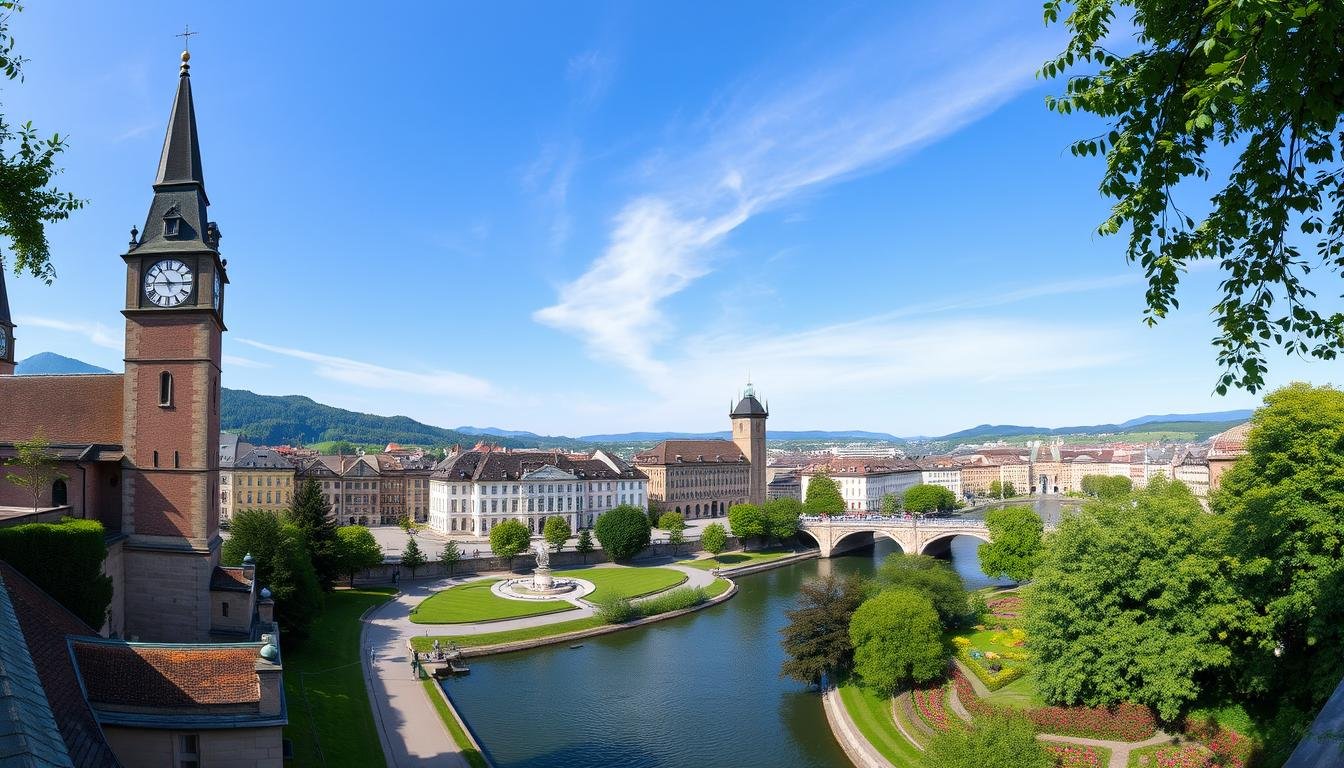
[…] of Living in Switzerland When I moved to Switzerland, I was arranged for breathtaking sees, productive open administrations, and a tall quality of life. […]